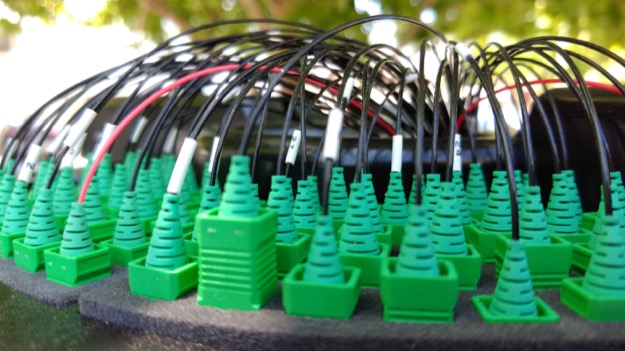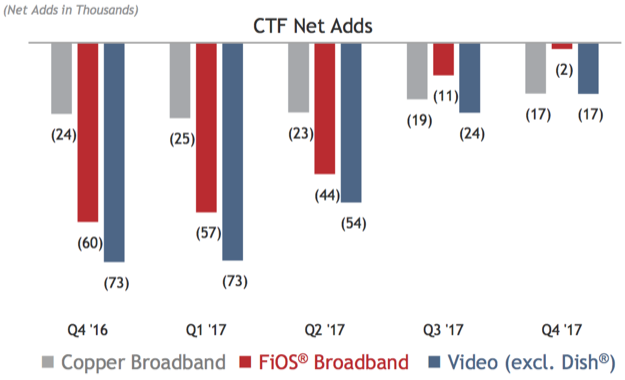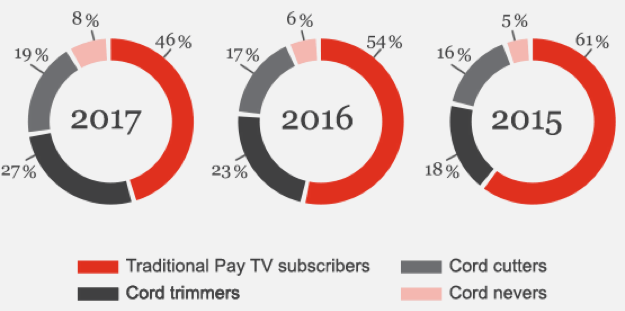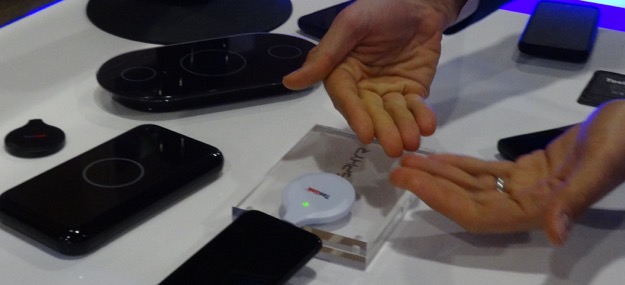CPUC not ready to cripple dark fiber competition just yet
![Hydrogen Iodide at the English language Wikipedia [GFDL (https://www.gnu.org/copyleft/fdl.html) or CC-BY-SA-3.0 (https://creativecommons.org/licenses/by-sa/3.0/)], via Wikimedia Commons](https://www.tellusventure.com/images/2017/11/sce_transmission.jpg)
No decision so far from the California Public Utilities Commission regarding changing the rules of the game for privately owned electric companies when they engage in dark fiber leasing and other telecoms business activities. The commission was scheduled to vote Thursday on a draft decision that, as currently written, would require Southern California Edison to give 75% of the gross revenue it gets from leasing out dark fiber to its electric customers. Up until now, it’s only had to hand over 10% of gross telecoms revenue to ratepayers.… More







![By by Aaron Logan (from http://www.lightmatter.net/gallery/albums.php) [CC BY 1.0 (http://creativecommons.org/licenses/by/1.0)], via Wikimedia Commons](https://www.tellusventure.com/images/2018/2/lab_mice.jpg)

![By Chris Potter (Flickr: 3D Judges Gavel) [CC BY 2.0 (https://creativecommons.org/licenses/by/2.0)], via Wikimedia Commons](https://www.tellusventure.com/images/2016/8/gavel.jpg)